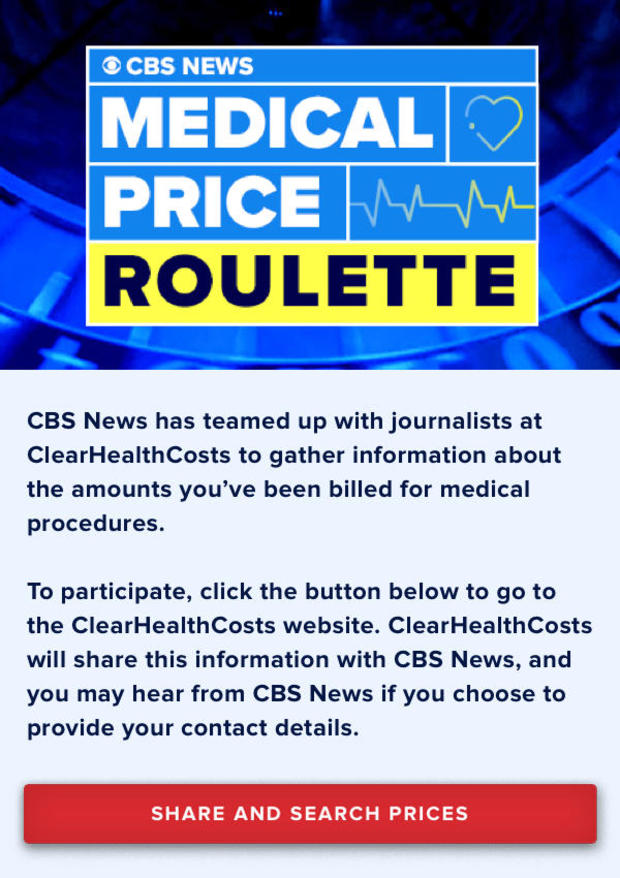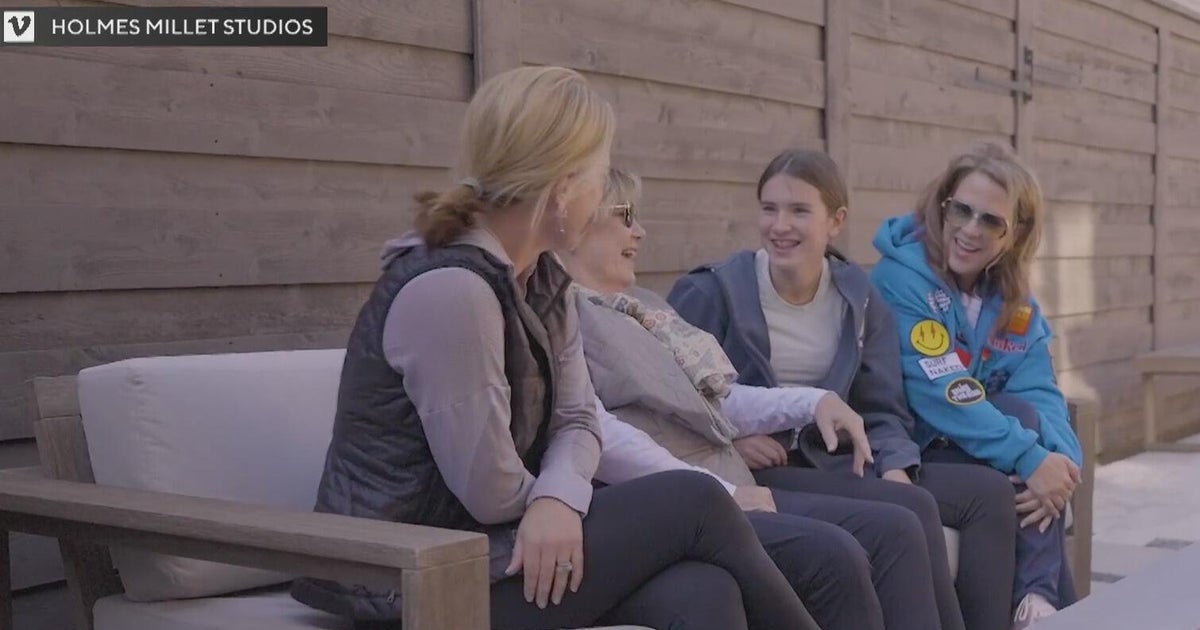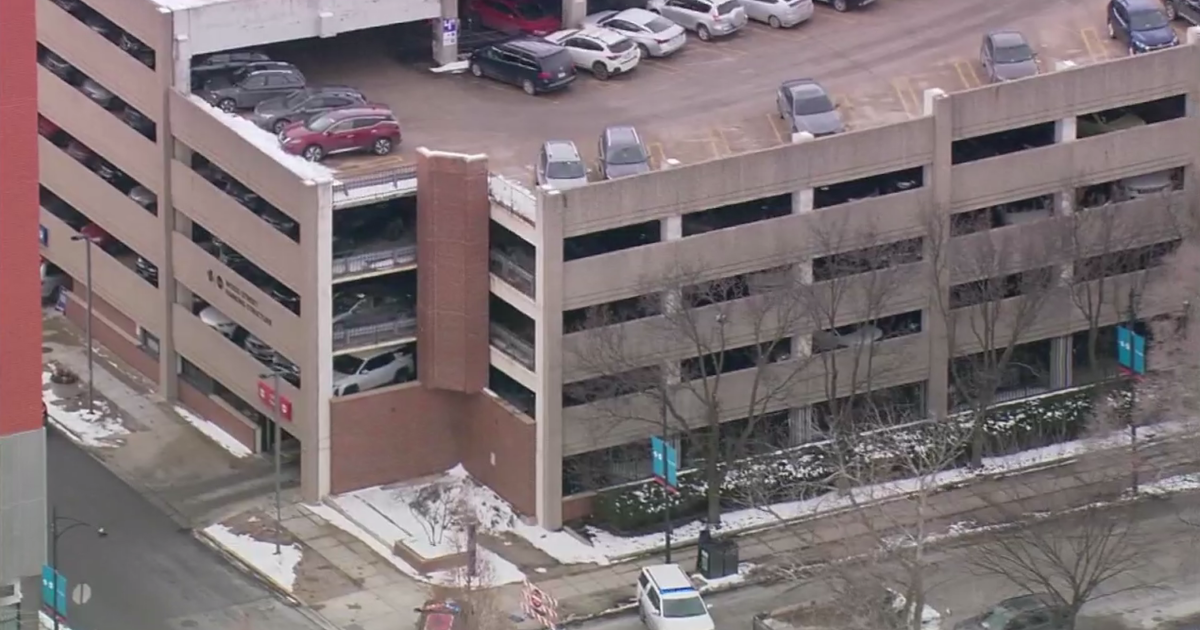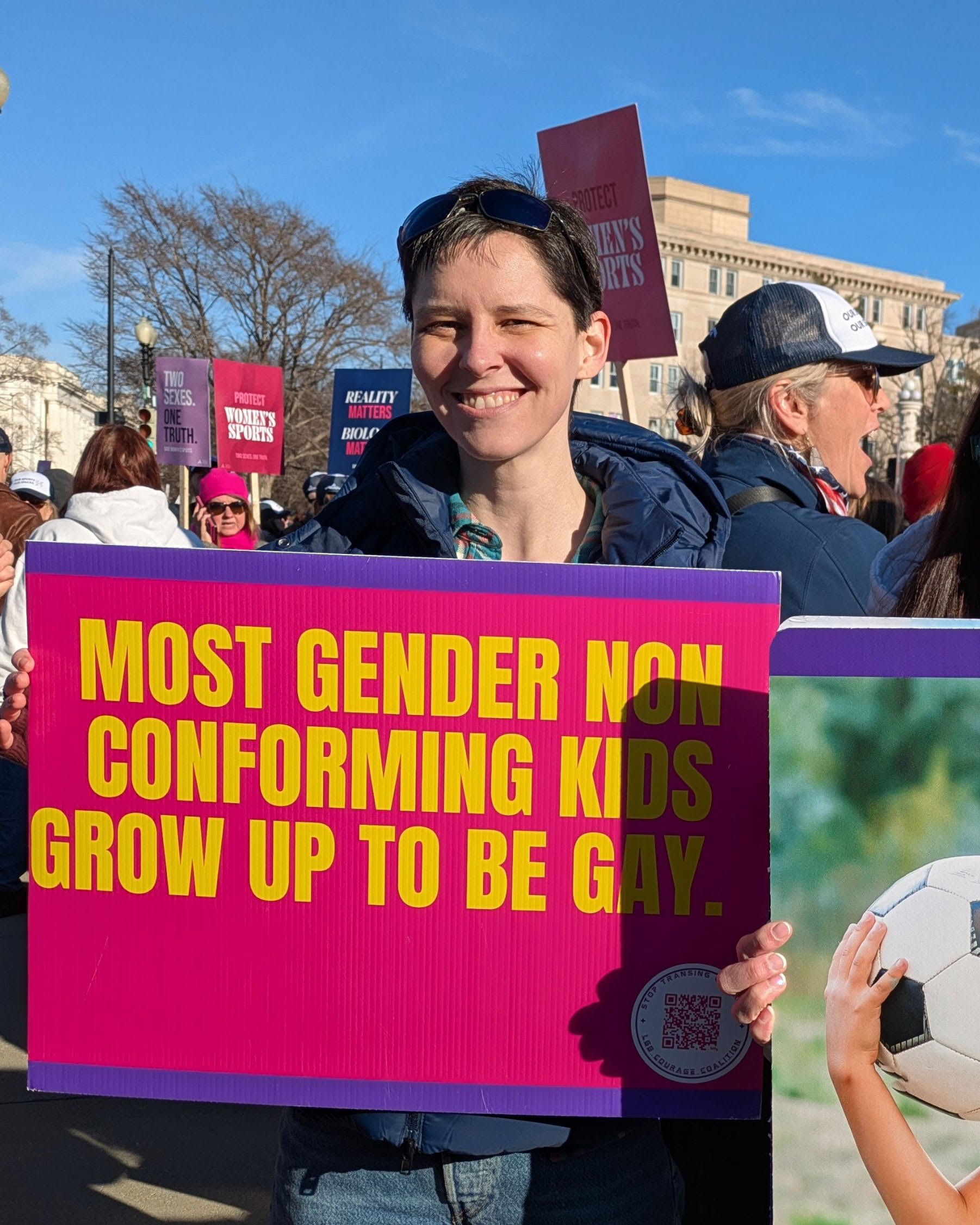"Walking Dead" actor Daniel Newman's coronavirus test wasn't processed, but he got billed $9,000
The potential cost of tests and treatments for the coronavirus could cause some people to delay seeking medical care. "Walking Dead" actor Daniel Newman doesn't know if he had the virus, but he still ended up with a bill for more than $9,000.
Newman said he got sick in early March. "I started to get a fever, just started to feel kind of chills, and I was just like, 'Oh crap, you know, whatever they had, I think I got it,'" he told CBS News Consumer Investigative Correspondent Anna Werner.
Worried he might need to warn others if he were infected, he called around to find out where to get a test and said he wound up speaking to health professionals at a Georgia hospital's ER. They told him to come in for a test. But, after doctors gave him the coronavirus test, they then told him they weren't allowed to process the test.
Newman said he was told, "We are not allowed to process the test because there's a really limited bandwidth of capacity on how many tests can be processed per day, and so we're not allowed to send off the tests for anybody that has mild symptoms."
He never found out whether the test was positive or not, he said, but on the way out, he asked, was the cost covered?
"And they were like, 'No, you just came into an emergency room, it's gonna be thousands of dollars," he said.
The bill came to over $9,000, an amount he said his insurance company is refusing to pay.
"That, not even on a personal level, on a humanitarian level, that infuriates me," Newman said. "The fact that no one can afford this. How can ... a family of two or four kids afford even one person at $9,000, much less four people?"
On March 18, Congress passed the Families First Coronavirus Response Act, under which health insurers are required to waive cost-sharing for coronavirus testing. Several major insurers including Cigna, Humana and Aetna are also waiving co-pays for coronavirus treatment, but that's not true of all insurance plans.
Dr. Tom Inglesby, who heads the Johns Hopkins Center for Health Security, said if people are worried about paying for testing and choose not to, it puts everyone at risk.
"For most diseases, this would be an individual decision, and people would be taking risks into their own account, but here, if people fail to get tested, it's basically a risk for everyone. It's a risk for society," he said.
Inglesby worries most about the uninsured, he said.
"I worry about the uninsured or the under-insured, those who have such high deductibles that they won't kick in until they've spent an enormous amount of money trying to take care of themselves," he said.
The health insurance industry is warning future insurance premiums could "spike" and is now asking Congress to set up a "backstop contingency program" that, if needed, would "cover a portion of related costs" over the next two years to "protect Americans from the consequences of potential catastrophic costs."
"I think this whole coronavirus has exposed the holes in our healthcare system," said Representative Jan Schakowsky (D-IL) earlier this month. "I think this is going to make it worse. Maybe in the long run because it'll expose so many of the problems, maybe we can make some of the corrections, but we are dealing immediately with a crisis that we're not really prepared for."
According to a 2019 census report, 27.5 million Americans, or 8.5% of the U.S. population, did not have health insurance.
Newman's insurance company did not immediately respond to CBS News' request for comment.
In our series, "Medical Price Roulette," CBS News is collaborating with journalists at ClearHealthCosts to bring transparency to health care markets. We'd like to know what you paid for medical procedures. Share your story and learn how you can search ClearHealthCosts' database of prices in our sample markets. You can also email us at healthcosts@cbsnews.com.




